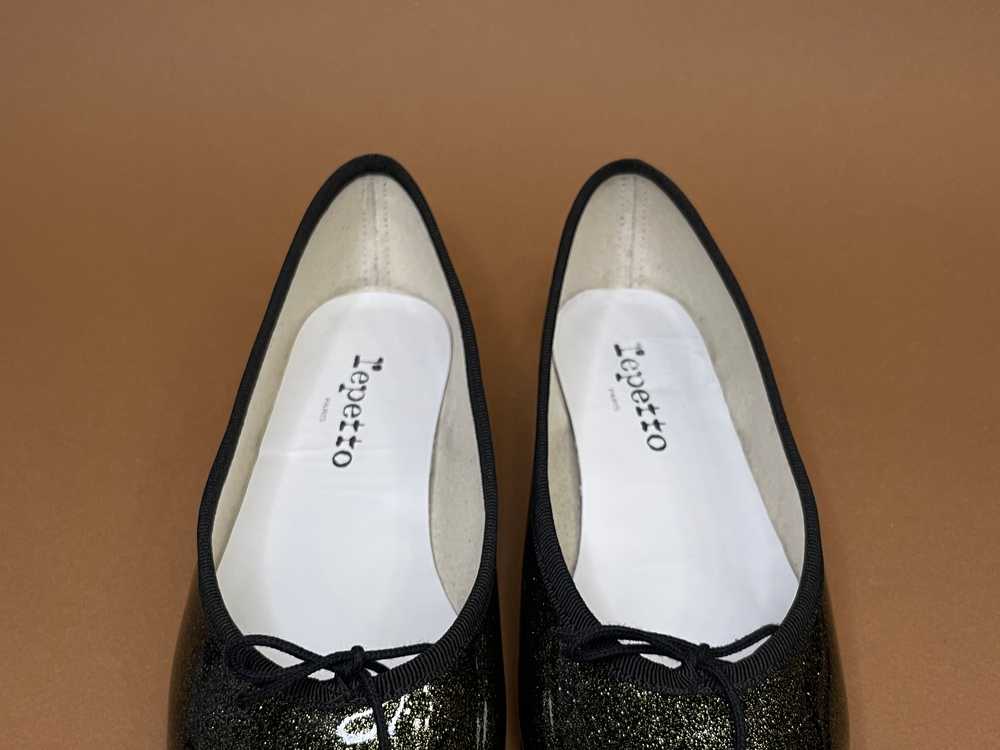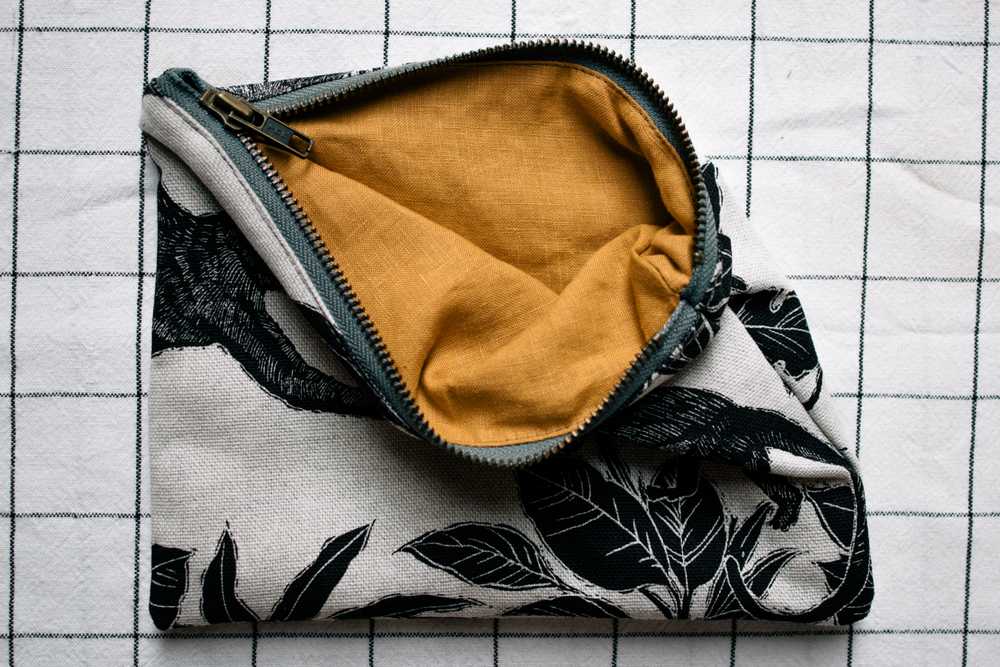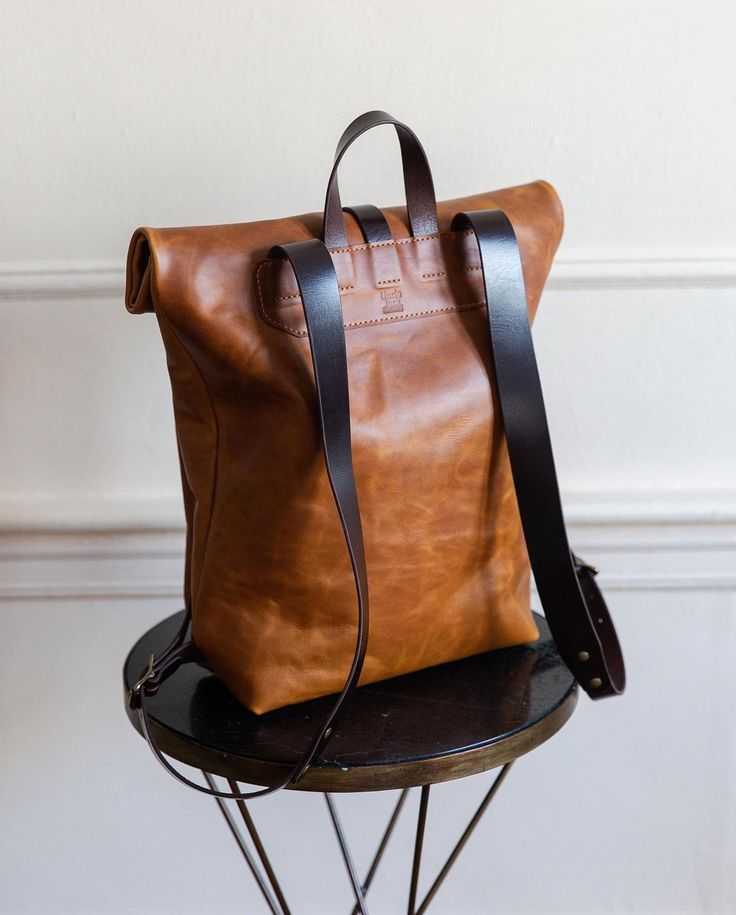The different types of reshoeing: Choosing the best option for your shoes
Resoles are an essential solution for extending the life of your shoes when the soles wear out. Depending on the type of shoes you own, the choice of material for the new sole is crucial to ensure comfort, durability and aesthetics. At TILLI, our Shoemakers have mastered the various resoiling techniques and offer solutions tailored to each material. Discover the types of resoiling depending on the materials used. Our Shoemakers also offer you the Repair Bonus, which allows you to reduce the cost of your repairs! For example, a complete rubber resealing is reduced from €83 to €65.
Why opt for shoe resealing?
Resoles have many advantages, whether for the durability of your shoes or for economic reasons:
- Extending the life of your shoes: By replacing worn soles, you avoid buying a new pair, while preserving the comfort and aesthetics of your favourite shoes.
- Save money with the Repair Bonus: Thanks to this scheme, the cost of certain repairs is reduced. This means your shoes can be resoled at a more affordable price. Depending on the type of sole and the degree of wear, you can benefit from a significant discount on the final cost.
Types of resole according to sole material
Leather resoiling: The classic choice for elegant shoes
Leather is the material traditionally used for resoiling dress shoes, particularly for elegant models and high-end shoes. It is durable, breathable and aesthetically pleasing, adding a touch of refinement to the shoe.
- Benefits: Leather allows the foot to breathe, offers optimum comfort and ages well over time. It also adds a classic, timeless style.
- Disadvantages: Leather can be sensitive to moisture and wears out more quickly if the shoe is regularly worn in the rain. Regular maintenance is necessary to prolong its life.
Example: Leather resoiling is recommended for dress shoes or ankle boots in smooth leather, to maintain their elegance and comfort.
Rubber resoiling:For increased durability and better grip.
Rubber is one of the most popular materials for soles, especially for shoes that have to withstand heavy daily wear, such as work shoes, boots or sneakers. Rubber is flexible and offers excellent resistance to water and wear.
- Benefits: Rubber is waterproof, durable and offers better grip on slippery surfaces. It is also weather-resistant, making it the perfect material for footwear worn outdoors.
- Disadvantages: Rubber is generally less stylish than leather and can be a little less breathable. It is also stiffer than some other materials, which may reduce comfort slightly at first.
Example: Rubber lining is ideal for utilitarian footwear such as boots, hiking boots or sneakers.
Crepe resoiling: Comfort and flexibility.
Crepe is a natural material derived from rubber, often used for the soles of casual shoes and ankle boots. It's a popular option for those looking for comfort and flexibility.
- Benefits: Crepe is very flexible and offers excellent cushioning, making it an ideal choice for all-day street shoes. What's more, it's a material that adheres well to surfaces and provides good walking comfort.
- Disadvantages: Crepe is sensitive to stains, particularly oil and dirt, and can yellow over time. It also tends to wear more quickly than other materials, particularly in damp conditions or on rough surfaces.
Example: This type of resealing is often used for casual boots, such as desert boots or certain suede shoes.
Gum resoiling: Ideal for casual shoes and sneakers.
Gum is a slightly softer and lighter variant of rubber, often used for casual shoes such as sneakers. This material is durable, flexible and offers good grip, as well as being quite comfortable.
- Benefits: Rubber is light, flexible and particularly hard-wearing. It also offers good grip on slippery surfaces and provides effective cushioning for sneakers.
- Disadvantages: Although resistant, rubber can lose its flexibility over time and become rigid. It doesn't have the same aesthetic appeal as leather and can wear out more quickly if it is constantly exposed to abrasive surfaces.
Example: The rubber resole is perfect for sneakers and other sports or leisure shoes.
The resealing process at TILLI
At TILLI, your shoes are resoled by our expert Shoemaker artisans, who guarantee a quality result:
1. Assessment of the type of resoiling: We examine the condition of your soles to determine whether a simple replacement is required or whether a more comprehensive repair needs to be carried out. We also suggest the most suitable material options for your needs and shoe style.
2. Resoiling: Our Makers carry out the resoiling using the material of your choice: leather, rubber, crepe or rubber. Each step is carried out with care to ensure that the comfort and aesthetics of your shoes are preserved.
3. Finishing and quality control: Once the resoiling is complete, we check the finishing touches to ensure your shoes are ready for new adventures.
Why choose TILLI to resole your shoes?
- Shoemaker expertise: Our Shoemakers have solid expertise, and each repair is carried out with great attention to detail.
- Savings thanks to the Repair Bonus : Thanks to this aid, you reduce the cost of your resoiling, whether for leather, rubber, crepe or rubber soles.
- An eco-responsible solution: By opting for resoiling, you're helping to reduce waste and extend the life of your favourite shoes.
Resoiling is a practical and durable solution for extending the life of your shoes, while preserving their comfort and appearance. At TILLI, our Shoemaker artisans offer you a wide choice of resoiling materials to suit your needs and your shoes. What's more, thanks to the Repair Bonus, you can benefit from substantial discounts on the cost of repairs, whether they involve leather, rubber, crepe or rubber. Entrust your shoes to our experts and enjoy a quality repair while saving money.


